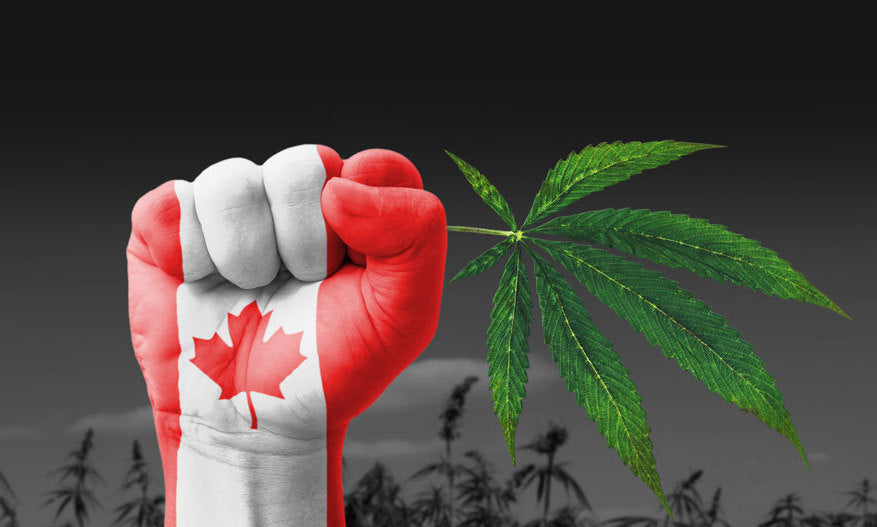Everything you wanted to know about cannabis legalization in Ontario
Oct. 17 is officially the day recreational marijuana becomes legal in Canada.
With legalization come new rules governing everything ranging from where you can use pot to how it will be marketed and distributed. ClubFour20 has put together a handy list and answers to common questions.
Where can I buy it?
Because the details of legalization have fallen to the provinces, that depends on where you are in Canada. In Alberta, recreational cannabis will be widely available at more than 200 private retailers across the province, while in Ontario it will be carefully curated at only 40 state-run shops. Most of the other provinces are a blend of these two approaches; in Newfoundland and Labrador, you will be able to buy weed at Loblaws grocery stores. Few of the country’s suddenly ubiquitous (and illegal) marijuana dispensaries are likely to survive the transition to licensed retailing.
How will I know what I’m buying?
Health Canada guidelines stipulate that packaging has to list all the information a consumer needs to make an informed decision, including t. This includes a large disclaimer about the health risks associated with pot. Only dried flower and oils will be available, and information about each product will be limited he name of the producer, the name of the marijuana strain, and its THC/CBD content – and a bright yellow warning to keep it out of reach of children.

LPs are asked to not describe the effects of the product. This is where site like www.clubfour20.ca can help by detailing the effect of specific strains.
How much weed can I have?
Adults are allowed to carry up to 30g of dried cannabis (or its equivalent) in a “public space”, which means that’s all you can buy at any one time. Note that “public space” includes your personal vehicle. If you’re caught out in public with more than 30g, you can face up to five years in prison.
Can I bake it into brownies?
You are free to consume your marijuana recreationally in any manner you see fit, so long as you keep it away from children. (New Brunswick will also require you to store your weed in a locked room or container, not unlike a firearm.)
But you won’t be able to buy pre-made edibles or other marijuana extracts until exactly one year after the Cannabis Act comes into effect, sometime in 2019. Infusers are the best way to create your own oils. The CF20 infuser kit is great way to get started.
Can I smoke weed at work?
Your employer has final authority on drug policy in the workplace. Legalization isn’t anarchy. If you can’t stagger into work after a liquid lunch at the pub, don’t expect to spark a spliff on your smoke break. Given the difficulties involved with conclusively testing for marijuana impairment, however, enforcing workplace cannabis policies could prove contentious.
(The rules are different if you use medicinal cannabis. Employers are required by law to accommodate medicinal users the same as they would anyone else with a disability or medical condition requiring prescription drugs. This rarely implies carte blanche to smoke on the job, however. Consult your employer for details.)
Can I smoke in my house?
Marijuana faces most of the same restrictions as public smoking, with additional proscriptions against public intoxication. In many parts of Canada, your home may be the only place you can legally smoke pot in peace.
Unless you’re renting. Many provinces (including Alberta, Saskatchewan and Ontario) are moving to grant landlords the power to ban smoking weed in their residences as part of the lease, in the same way that they can ban tobacco.
Will smoking pot in public result in a ticket or fines if caught?
The police will now have the ability to ticket someone who is using cannabis in public. The penalty for using cannabis in public is up to $1000 for a first offence and up to $5000 for subsequent offences.
The Unknowns
There are a few unknowns that will likely get a lot of attention in 2018. These include testing drivers for impairment, workplace impairment and edibles.
The federal government has said that edibles won’t be commercially available until about one year after legalization, and there is still a lot of debate and discussion about how that sector of the industry should be regulated and what the framework should look like.

